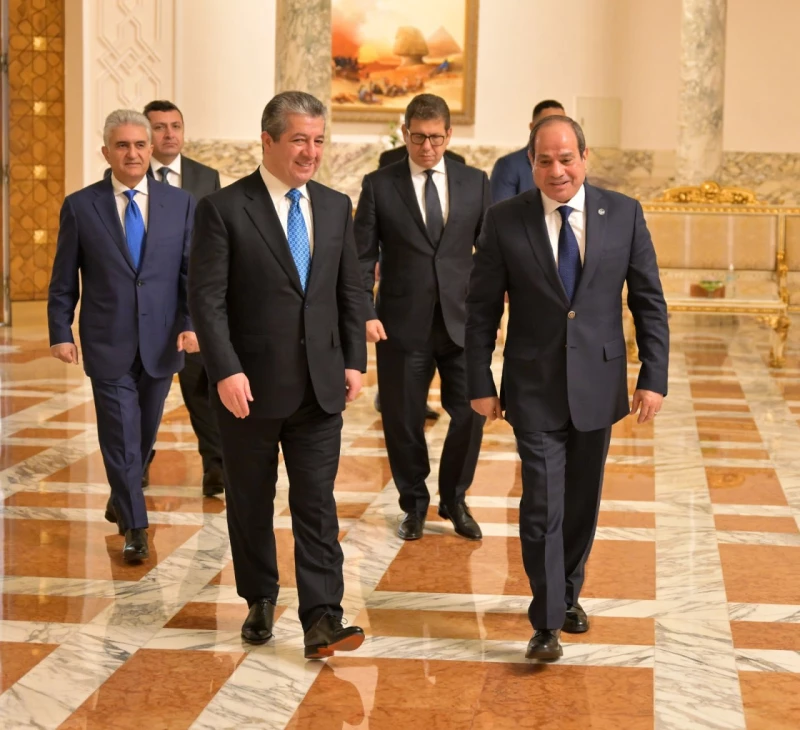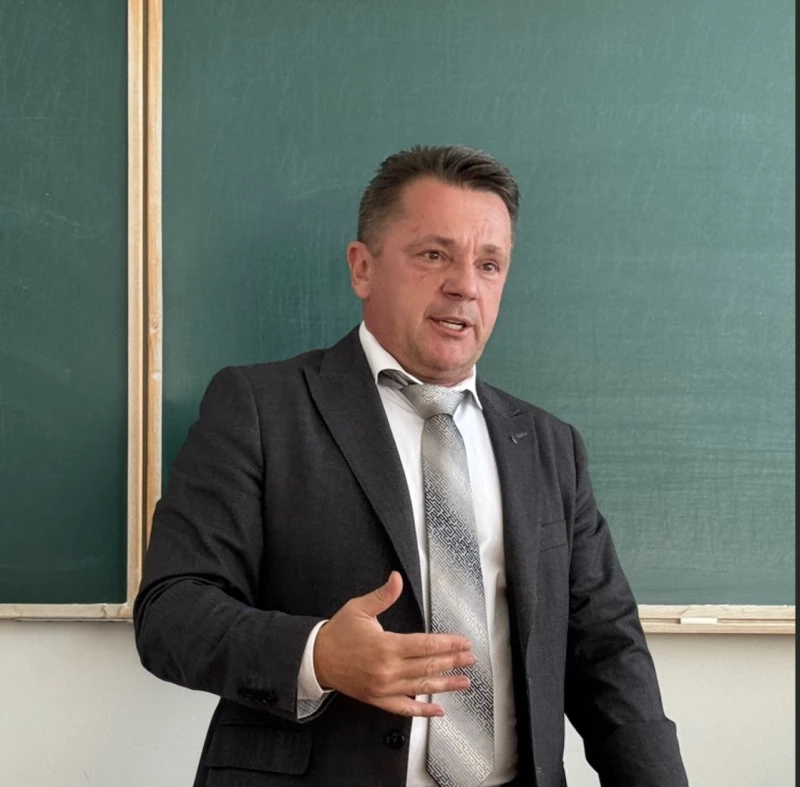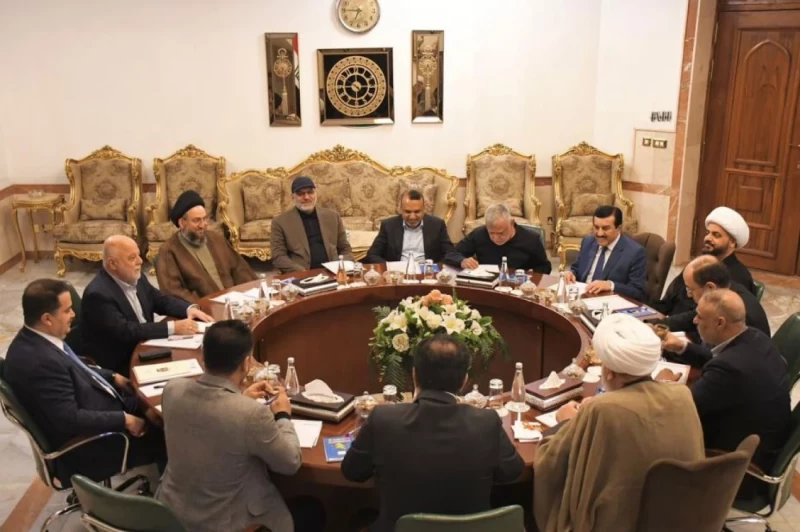Following the rulings handed down by the Iraqi Federal Court against the Kurdistan Region, the longstanding disputes, primarily centered around financial matters, between the Kurdistan Region and the Iraqi central government have escalated to their zenith.
These rulings have been viewed by some as a breach of constitutional rights and a regression in the administrative and financial autonomy long held by the region. This autonomy has been in place not only since the constitutional referendum in 2005 but also since the Kurdish uprisings in their territories in 1991, which ultimately led to the establishment of the Kurdistan Region of Iraq with international support.
The recent rulings from the Federal Court concerning the Kurdistan Region entail several key changes. These include the central Ministry of Finance taking over the responsibility of paying salaries to Kurdistan Region employees, replacing the previous regional authority. Additionally, there's the transition from a single-district electoral system to a multi-district one within the region. Furthermore, the court has nullified the quota law previously granting representation to various national and religious groups within the region.
While some political and public factions, particularly in the Sulaymaniyah region, view the decision to have salaries paid by the central government as a remedy for the longstanding issue of delayed payments that regional employees have endured since 2014, the prevailing sentiment in the Kurdistan Region, both officially and among the populace, is that the recent rulings from the Federal Court represent a significant setback from Baghdad to the region's established authorities and powers.
The prevailing belief among most politicians and observers in the Kurdistan Region is that Baghdad, possibly in collaboration with Iran and leveraging the highest constitutional authority in the nation, aims to erode the region's powers with the intention of weakening it and subsequently reshaping the political landscape in Iraq, potentially leading to the dissolution of the region. These maneuvers are widely seen as part of the broader geopolitical tensions between the United States and Iran within Iraq.
Sardar Abdullah Khatib, a former deputy in the Iraqi Parliament, views these decisions as the initial steps in a significant strategy aimed at expelling American and allied forces from Iraq and northern Syria.
Sardar, speaking to the new regional platform, remarked, "Many decisions made in Iraq carry significant regional and international implications. The aim extends beyond the Kurdistan Region; it's part of a broader strategy to expel American and allied forces from Iraq and northern Syria."
Sardar Abdullah believes that the pressures on the region will persist until the goal of nullifying the American project in Iraq and Syria is accomplished.
Mala Bakhtiar, a former leader in the Patriotic Union of Kurdistan, and Mohammed Haji Mahmoud, the head of the Kurdistan Democratic Socialist Party, are among the Kurdish politicians who view these decisions as the initial steps in eroding the region's authority. According to their assessment, the future ramifications could be even more perilous.
In contrast, Bafel Jalal Talabani, the leader of the Kurdistan Democratic Party, who some believe stands to gain from these decisions, remarked some time ago about the court rulings, "The rulings were tough on the region, but they were beneficial."
The decisions made by the Federal Court spurred Prime Minister Masrour Barzani of the Kurdistan Region to visit Washington, where the U.S. administration reaffirmed its unwavering support for the Kurdistan Region, as articulated by its Foreign Minister. They underscored that the region plays a pivotal role in the area.
The constitutional entity of the Kurdistan Region of Iraq
The Kurdistan Region of Iraq was established following the collapse of Saddam Hussein's regime and the Ba'ath Party through a nationwide referendum in Iraq. The majority of Iraqi citizens voted for a federal Iraq. This federal arrangement included one region and a central government. Kurdistan, as a region, had functioned de facto since the Kurdish uprising on March 5, 1991. This uprising, led by the Kurds, resulted in their acquisition of semi-autonomous self-governance separate from the rest of Iraq.
This autonomy in governance has bestowed upon the Kurds significant authority, fulfilling their aspiration to remain part of Iraq while also exercising self-governance and fostering regional development. Notably, Kurdish governance in the Kurdistan Region of Iraq has evolved structurally and administratively, reaching a milestone with the development of oil wells in Kurdish territories—a first in Kurdish history.
The initiation of oil well development served as the catalyst for the disagreement between the central government and the region. Some view this as a symbolic gesture to Baghdad and other nations, indicating the Kurds' trajectory toward independence. If the Kurds were able to link their oil wells to global markets, it would signify the onset of financial autonomy from Baghdad.
Throughout history, the Iraqi government has never undertaken the development of the oil fields situated in the northern part of the country—now known as the Kurdistan Region—and extracted oil from them. This apprehension by the Iraqi government underscores their concern over these wells potentially falling under Kurdish jurisdiction. Moreover, the ongoing dispute concerning the oil-rich city of Kirkuk, and its exclusion from formal recognition as part of the Kurdistan Region even under the new Iraqi system, despite undergoing Arabization during the Ba'ath regime, serves as evidence of a strategic stance embraced by Iraq, the region, and the international community—that the Kurds should not achieve economic independence through oil.

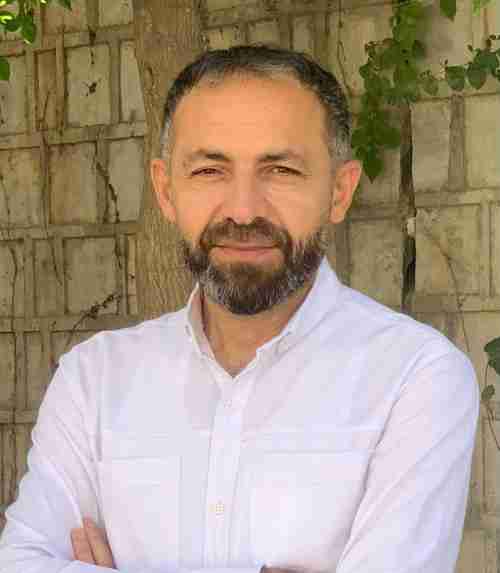
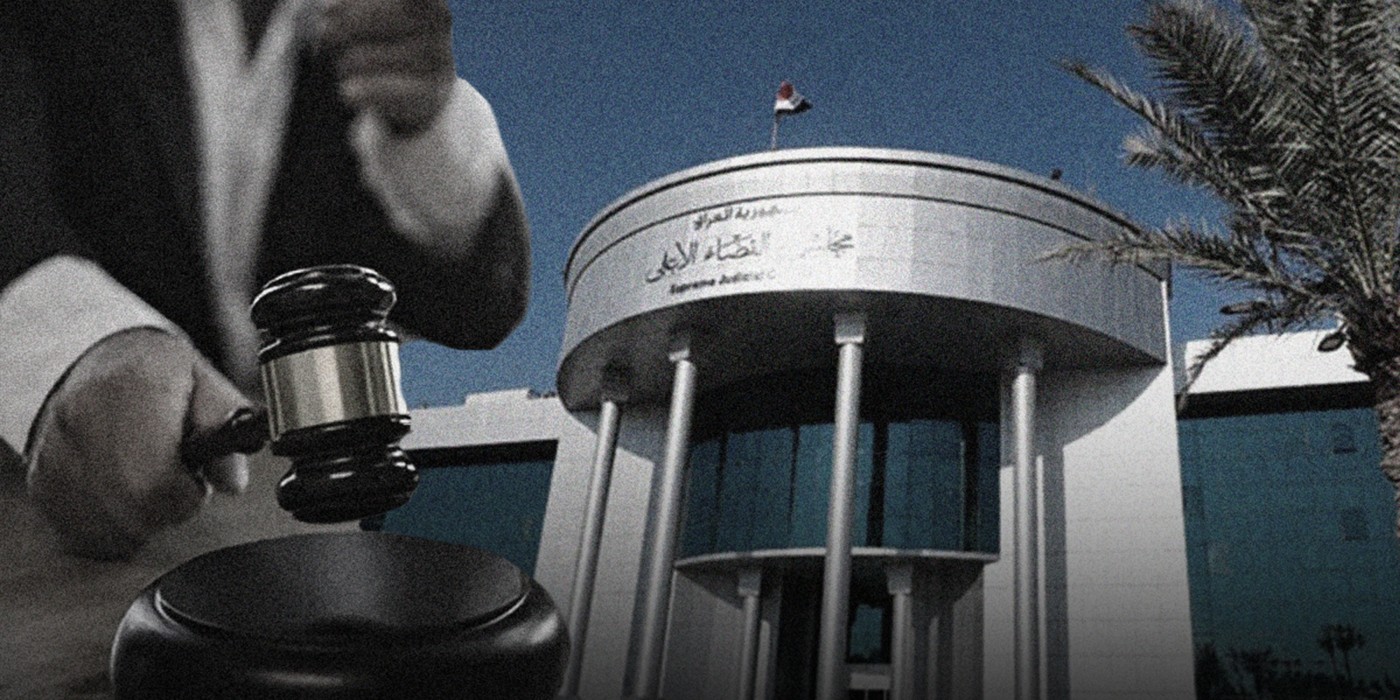
 Facebook
Facebook
 LinkedIn
LinkedIn
 Telegram
Telegram
 X
X
